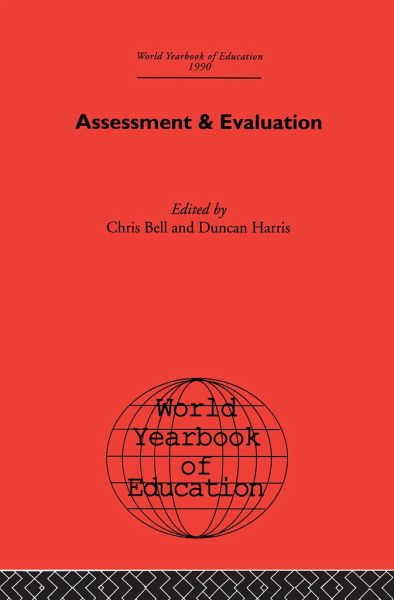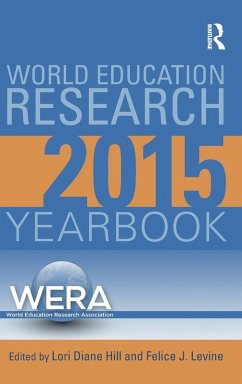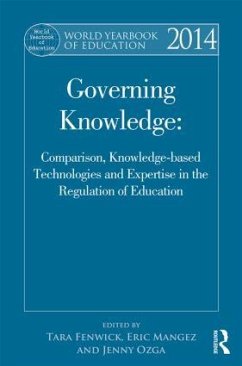
World Yearbook of Education 1990
Assessment & Evaluation
Herausgeber: Bell, Chris; Harris, Duncan
Versandkostenfrei!
Versandfertig in 1-2 Wochen
50,99 €
inkl. MwSt.

PAYBACK Punkte
25 °P sammeln!
First Published in 2005. Assessment and evaluation are essential to education and training. Whether informal or formal, at their best they assist the learning process by providing feedback to 'learners' and 'teachers', facilitate quality assurance and control, and provide a mechanism whereby education and training can be attuned to the needs of the individual and society. This edition of the World Yearbook focuses upon a wide range of assessment and evaluation issues from all over the globe.














